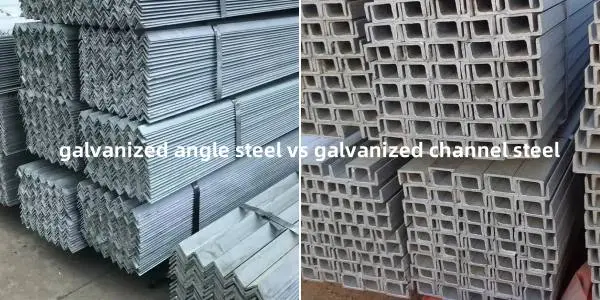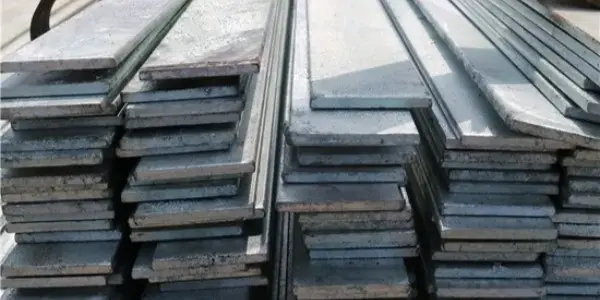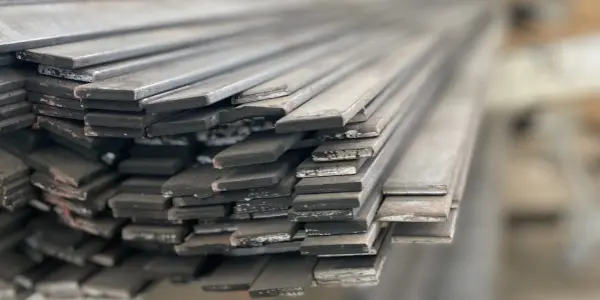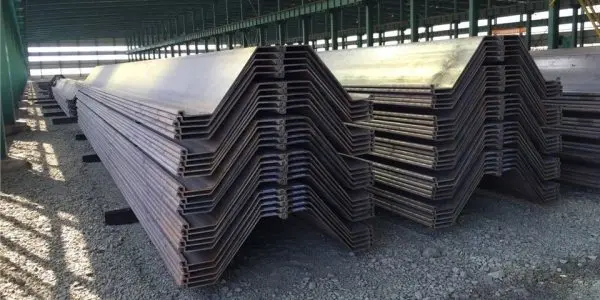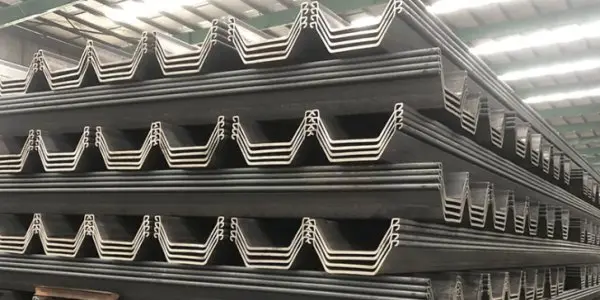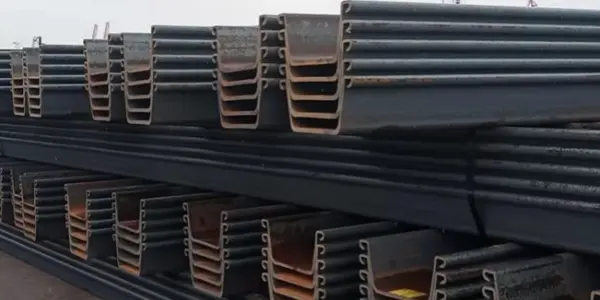-
Galvanized angle steel vs galvanized channel steel
In steel construction and engineering projects, galvanized angle steel and galvanized channel steel are two commonly used structural components. Though both are enhanced by hot-dip galvanizing for improved corrosion resistance, they differ in shape, application, and mechanical properties. Let’s break down their features, advantages, and differences to help you choose the right material for your project.
Read More
-
Key factors influencing global mild steel flat bar prices
The pricing of mild steel flat bars in international markets is shaped by a complex interplay of multiple economic, industrial, and geopolitical factors. This article will briefly introduce key factors influencing global mild steel flat bar prices.
Read More
-
Properties of mild steel flat bar
Mild steel flat bars are a widely used steel product in construction, manufacturing, and general metal fabrication. Made from low-carbon steel, they offer an optimal balance of strength, flexibility, and cost-efficiency, making them a popular choice for both structural and decorative applications. This article will briefly introduce properties of mild steel flat bar.
Read More
-
Precautions when using and maintaining steel sheet piles
As a critical foundational support structure, steel sheet piles must meet specific performance standards during both the design and construction phases to ensure safety, stability, and long-term reliability. This article will briefly introduce precautions when using and maintaining steel sheet piles.
Read More
-
Standard specification for steel sheet piles
Steel sheet piles are widely used as foundational support systems, particularly for preventing settlement and ensuring slope stability. Thanks to their excellent structural performance and ease of installation, they have become a preferred choice in numerous construction projects. To guarantee quality and safety, the development and adherence to standardized specifications are essential.
Read More
-
Steel sheet pile installation methods
Sheet pile installation is commonly performed using one of three primary methods: Panel Driving, Panel Driving with Staggered Sheet Piles, Pitch and Drive. The selection of a suitable method depends on site-specific conditions and should be guided by comprehensive soil investigations. Conventional techniques often employ vibratory hammers, impact hammers, hydraulic presses, or a combination of these tools to accommodate varying ground conditions.
Read More
-
Safeguarding steel sheet piling integrity
Steel sheet pilings are essential in both land and marine construction, silently supporting structures and withstanding environmental forces. Their strength and interlocking design make them ideal for retaining soil, resisting tides, and forming structural barriers. However, maintaining the structural integrity of these pilings is critical to their long-term performance. This article explores the risks of compromised integrity and the measures necessary to ensure durability and safety.
Read More
-
Hot-rolled sheet pile vs cold-rolled sheet pile
The debate between hot-rolled and cold-rolled sheet piles has been a topic of discussion in the heavy civil and marine construction industries for years. Each type offers distinct advantages based on the project’s specific requirements. The main differences between these two types of sheet piles lie in their manufacturing processes, interlocking systems, strength, and cost-effectiveness. Let’s take a closer look at each type to help determine which is best for your next project.
Read More
-
Benefits of steel sheet piles
Steel sheet piles are an excellent choice for a variety of engineering projects due to their numerous advantages. Below are the key benefits of using steel sheet piles.
Read More
-
Application scope of H section steel
H section steel, known for its high strength, light weight, and excellent mechanical properties, plays a crucial role across many industries. Its unique cross-sectional shape offers outstanding load-bearing capacity and flexibility, making it a preferred choice in construction, transportation, manufacturing, and heavy industry. Thanks to its versatility and durability, H section steel is widely used in a variety of structural and support applications. Below are some key fields where H section steel demonstrates its value.
Read More

 English
English Español
Español




 Tel : +86-18565811709
Tel : +86-18565811709 Email :
Email : 
